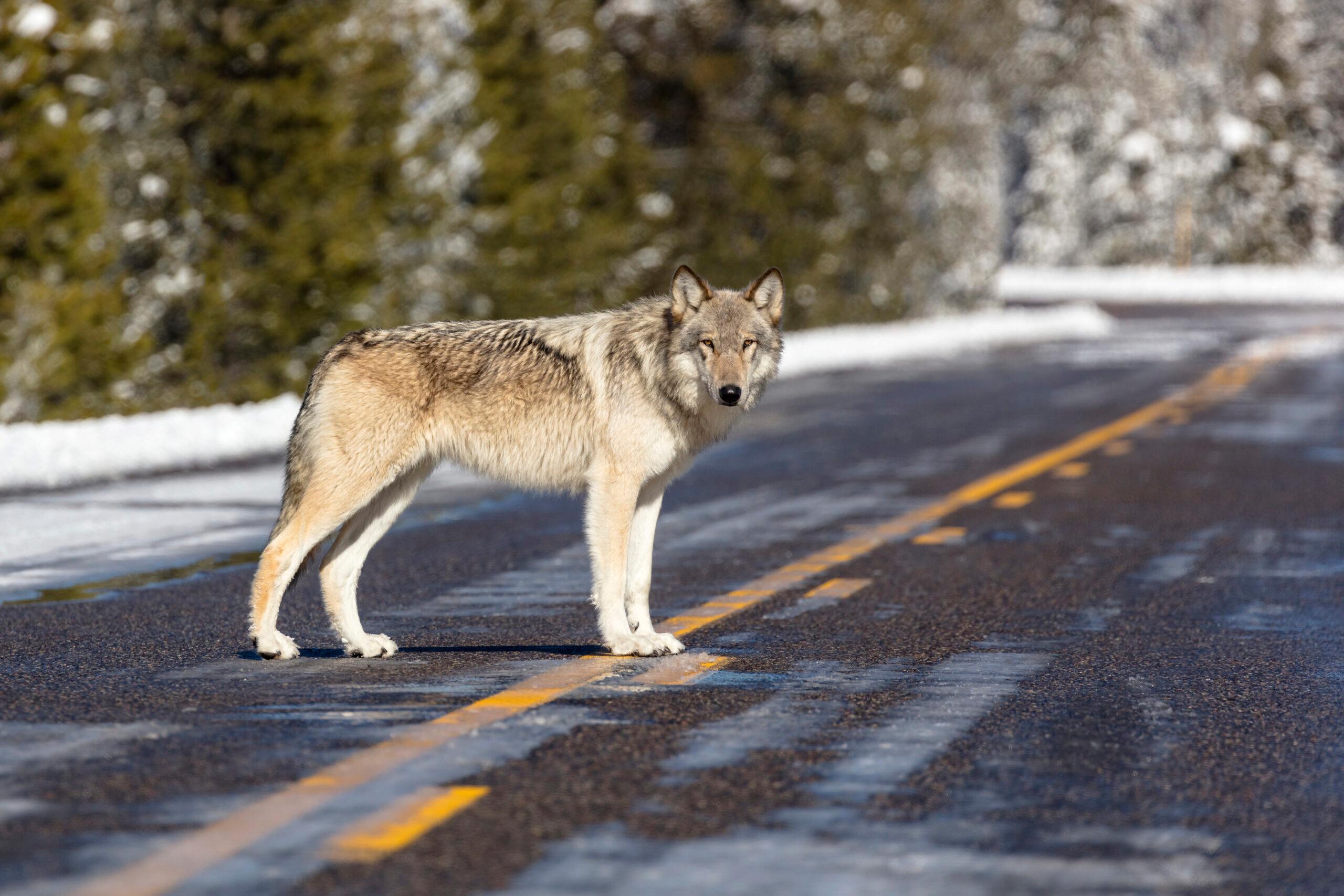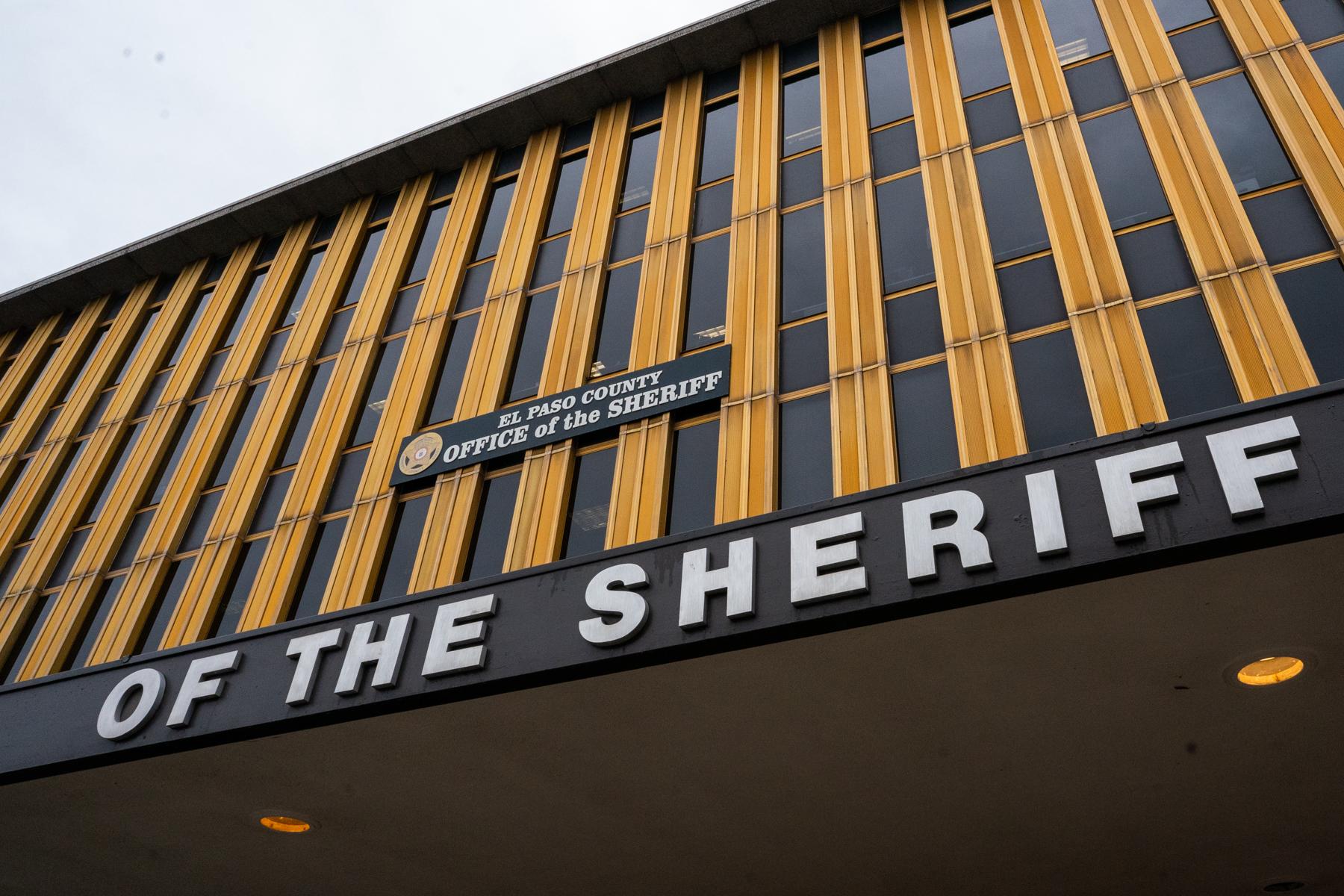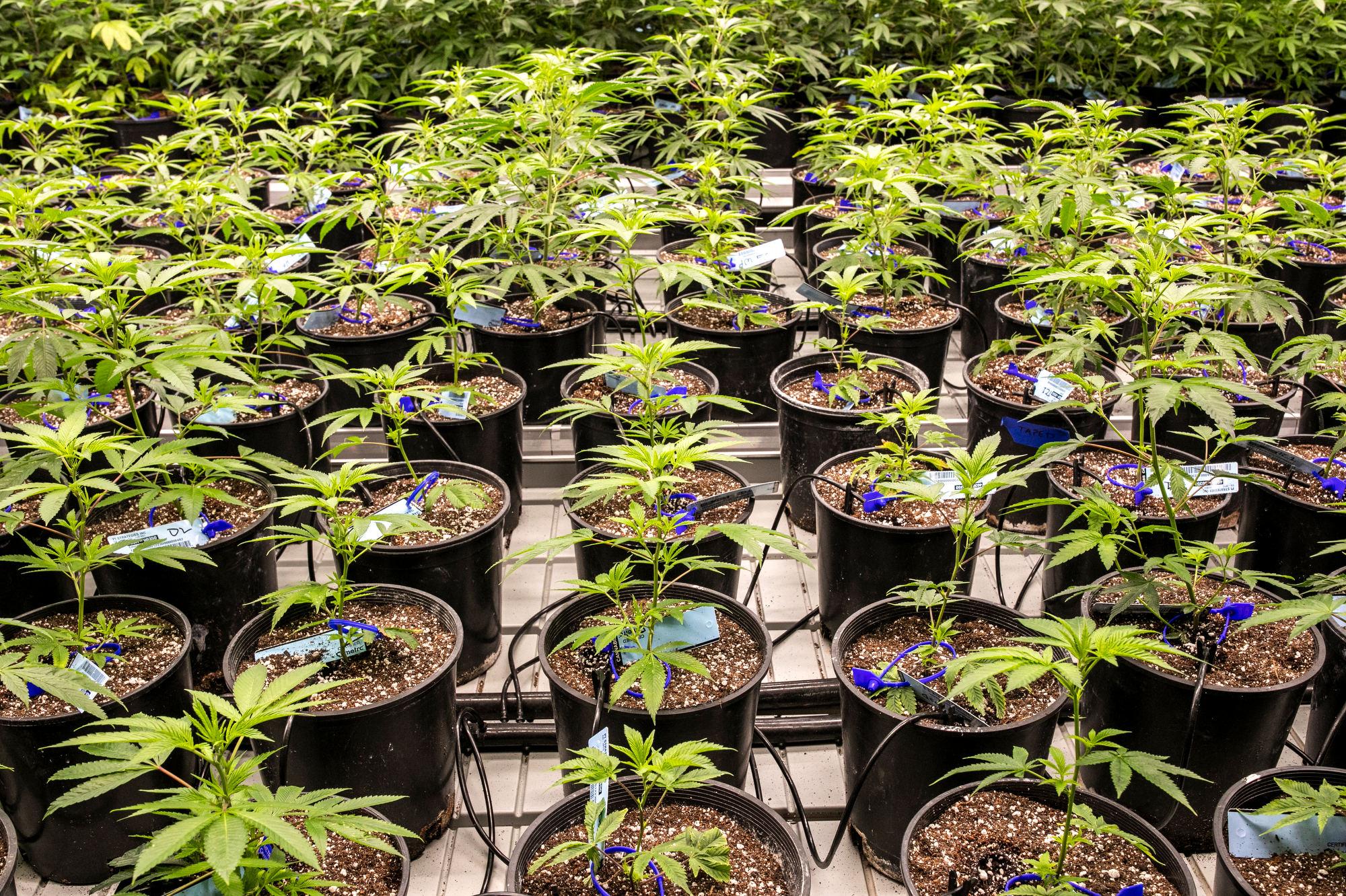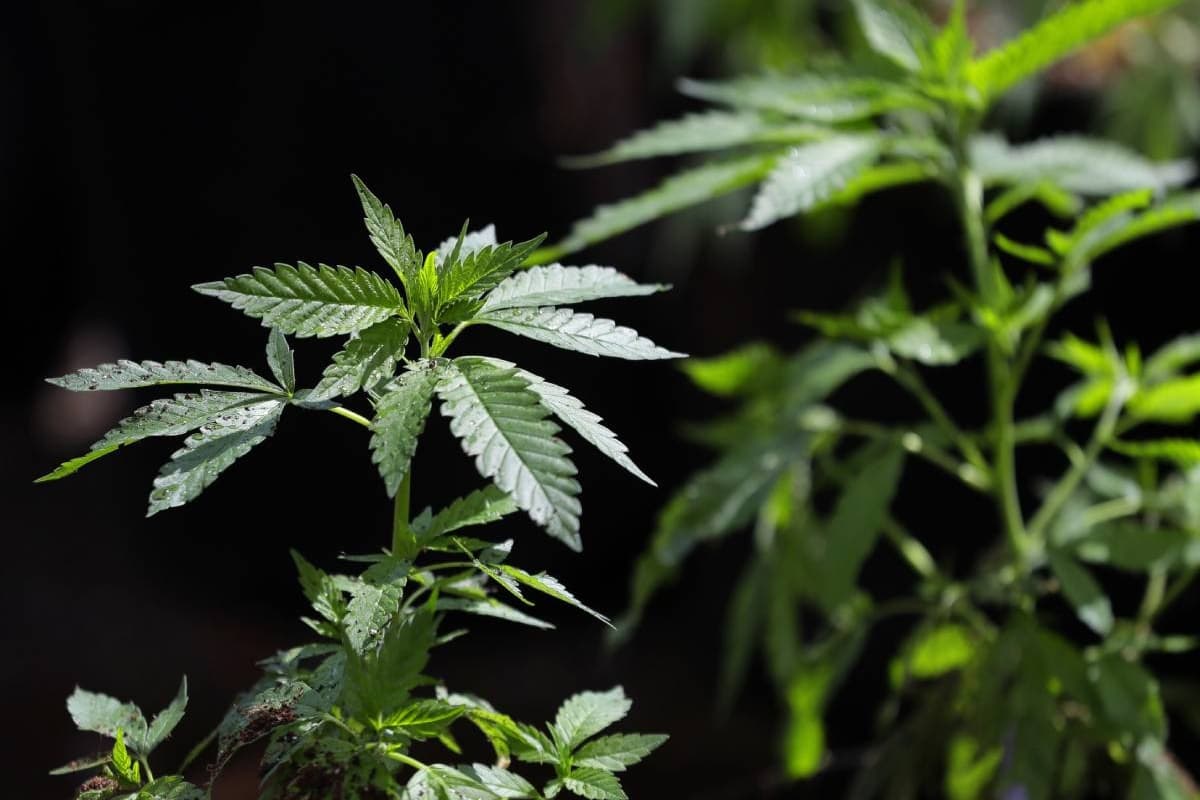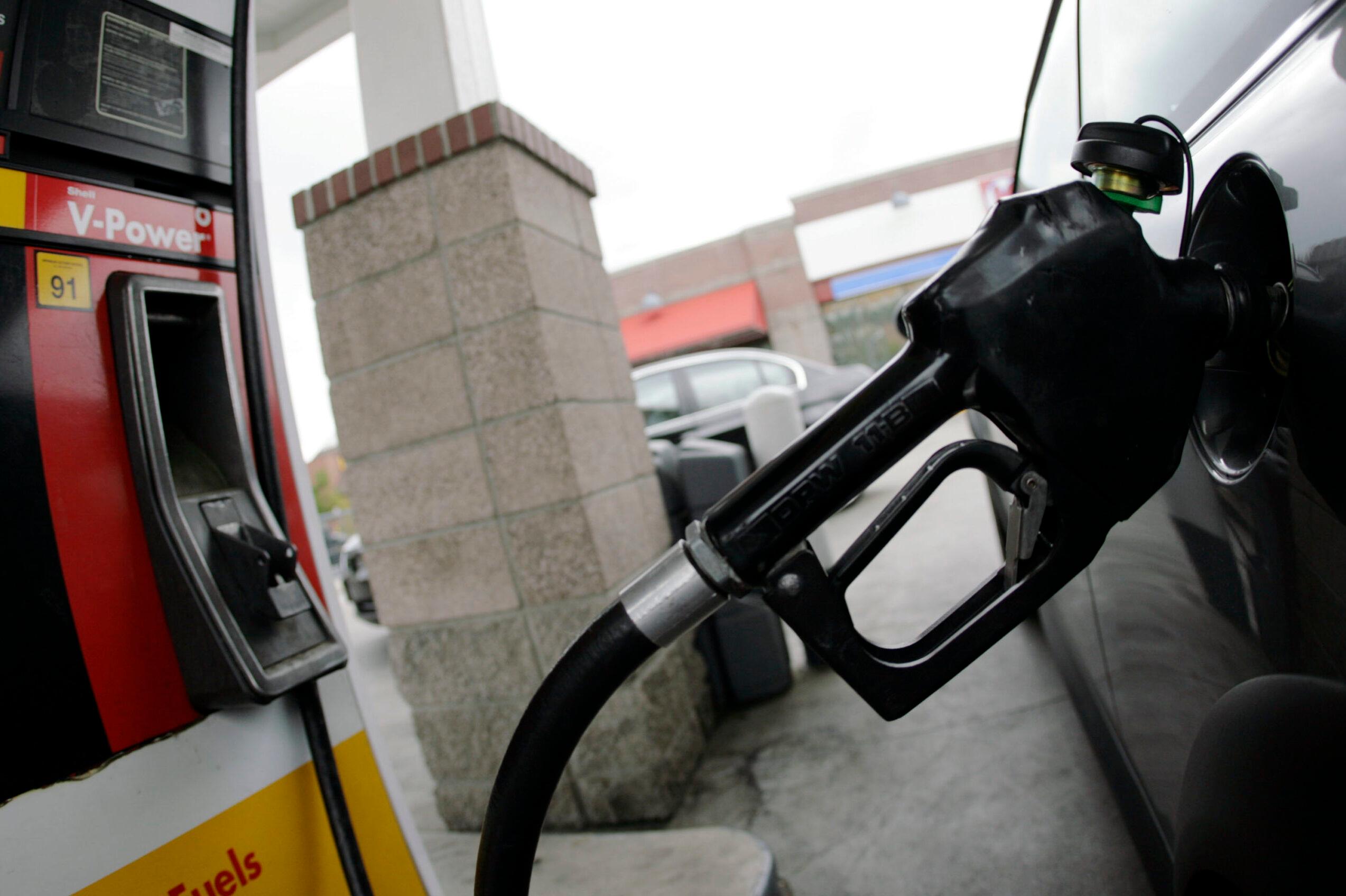
Gov. Jared Polis and legislative leaders are working toward a long-sought fix to the state’s transportation funding system.
Colorado’s gasoline tax has held steady at 22 cents per gallon since 1991, as use of the state’s roads has increased with population growth and more fuel-efficient vehicles have contributed to a relative decline in revenue.
"It's a good thing that vehicles are more fuel-efficient. It's a good thing that people are using [electric vehicles],” Polis told a legislative preview event on Thursday convened by Louisville, Colorado-based Commuting Solutions. “The problem is that they are still using the roads. We just have to figure out as a state, a way to future-proof the way we fund roads."
“My administration wants to help do that,” Polis continued.
The top ideas for the coming legislative session include new fees, said Rep. Matt Gray, a Broomfield Democrat who chairs the House Transportation Committee.
One fee would apply to gasoline sales, which would bolster the state’s coffers in the short-term. Others, aimed at building a new funding system for the long run, would apply to all road users like delivery services, ride-hailing companies like Uber and drivers of electric vehicles.
"As gasoline consumption goes down, those services will all go up and we'll be able to have sustainable revenue moving forward,” Gray said. “That's our goal."
Because of the Taxpayer’s Bill of Rights, new fees are easier for the legislature to impose than taxes. Two statewide ballot measures to raise taxes for transportation have failed since 2008.
Lawmakers can also sidestep a recently passed ballot measure that limits the legislature’s ability to create fee-collecting enterprises, Gray said, because the state already has a handful of transportation-related enterprises.
Still, fees are politically unpopular — especially with Republicans. But Democrats hold the executive branch and a majority in both legislative chambers.
Legislators also want to “future-proof” how new revenues would be spent, said Sen. Faith Winter, D-Westminster. Some could go toward electric vehicle charging stations and other infrastructure; as part of its climate goals, Colorado wants 940,000 EVs in the state by 2030.
Other money could go to better transit service across the state, Winter said, adding that they are exploring how transportation needs and land-use decisions overlap. Currently, local governments have wide latitude to decide what kind of development to allow and where.
Just 11.7 percent of the Denver region’s housing is in urban centers, as of 2018. That’s far short of the region’s goal of 25 percent by 2040. The sprawling nature of much of the Front Range makes it difficult for transit agencies like RTD to provide efficient service, and requires more trips to be made by car.
Personal vehicles and conventional roadways are indeed the backbone of the state’s transportation system, and some of those roadways need expansion, Winter said. The Department of Transportation’s 10-year project list calls for $5 billion in spending and includes widening projects on Interstates 25, 70 and 270.

